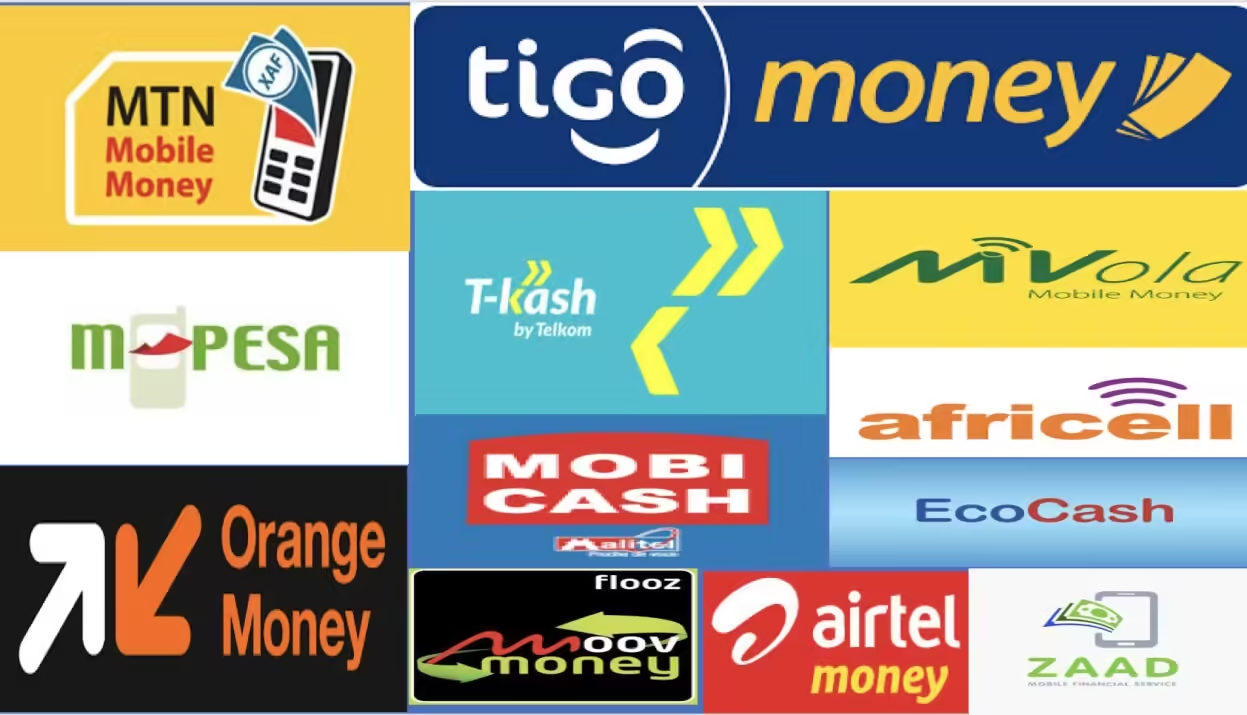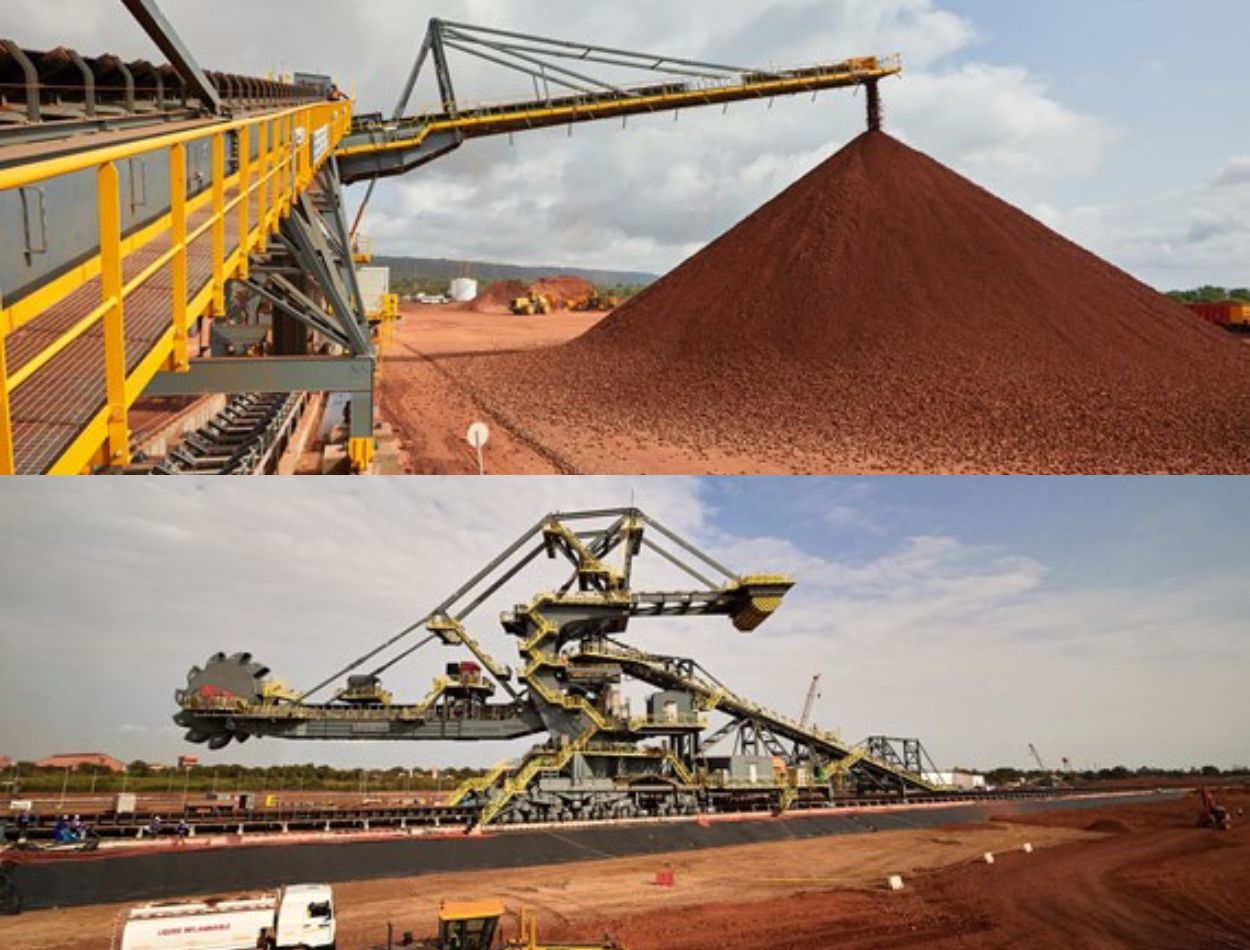Mobile banking has revolutionized financial access in Africa, offering a bank-in-your-hand experience through smartphones or basic mobile devices. Originating as a means to transfer airtime, it has evolved into a robust financial system filling gaps in formal banking infrastructure. According to the World Economic Forum (WEF), Africa leads globally in mobile banking adoption, with the highest number of mobile money services, account holders, and transactions. Here’s a look at seven standout countries driving this transformation:
1. Kenya
Kenya is often considered the global leader in mobile money, driven by the success of M-Pesa, which has set benchmarks for mobile financial services. According to the Communications Authority of Kenya, over 77% of the population actively uses mobile money platforms, including Airtel Money, T-Kash, and Equitel Money. These services enable users to send money, pay bills, access savings, and secure loans with ease. Airtel Money is celebrated for affordability, while Equitel Money integrates mobile and traditional banking seamlessly.
2. Ghana
Ghana has become a hub for mobile banking innovation, bolstered by the introduction of an interoperable payment system in 2018. This system allows transactions across telecom providers, fueling rapid adoption. Platforms like MTN Mobile Money (MoMo), AirtelTigo Money, and Vodafone Cash dominate the market, offering services ranging from money transfers to utility bill payments. Ghana is now recognized as one of Africa’s fastest-growing mobile money markets.
3. Botswana
Mobile banking adoption in Botswana surged by 12.2 percentage points between 2023 and 2024, with 36.6% of the adult population now owning mobile money accounts, according to Statista. Leading platforms include FNB Botswana’s eWallet, Orange Money, and Mascom’s MyZaka. These services facilitate money transfers, bill payments, and airtime purchases while also providing savings and microloan options. Banks like Absa and Stanbic enhance the ecosystem with mobile apps and USSD solutions for account management.
4. Tanzania
Tanzania’s mobile money landscape is anchored by Vodacom M-Pesa, Tigo Pesa, and Airtel Money. The National Payment System Report 2023 noted a sharp rise in mobile banking users, from 5.04 million in 2019 to 8.99 million in 2023. These platforms cater to users without formal banking access, offering services such as savings accounts, microloans, and contactless payments—a trend accelerated by the COVID-19 pandemic.
5. Rwanda
Rwanda’s mobile banking ecosystem is thriving, led by MTN Mobile Money and Airtel Money. According to the National Bank of Rwanda, mobile payments rose by 57% in 2023, reaching 603 million transactions worth Rwf13,001 billion. Banks like I&M Bank and BPR Bank further enhance financial inclusion with apps offering savings and loans. High mobile penetration, exceeding 80%, underpins Rwanda’s mobile banking success.
6. Egypt
Egypt has experienced rapid mobile banking growth, driven by government initiatives to promote financial inclusion and cashless transactions. Popular platforms such as Vodafone Cash, Orange Money, and Etisalat Wallet offer users services ranging from bill payments to e-commerce. With mobile wallet penetration projected to hit 50% by 2025, mobile banking is a vital tool for extending financial access, particularly in rural areas.
7. Nigeria
Nigeria’s dynamic mobile banking sector is powered by platforms like OPay, PalmPay, and Kuda Bank. In 2023, 40% of Nigerian adults had active mobile money accounts, with transactions totaling ₦2.5 trillion ($5.4 billion). Services like MTN MoMo and Airtel Money cater to diverse users, from smartphone owners to basic phone users, through apps and USSD codes. Innovative platforms like PiggyVest and Cowrywise are also gaining traction, promoting savings and investments.
Africa’s mobile banking revolution is not just a regional success but a model for the world, showcasing how technology can bridge financial gaps and empower communities.






